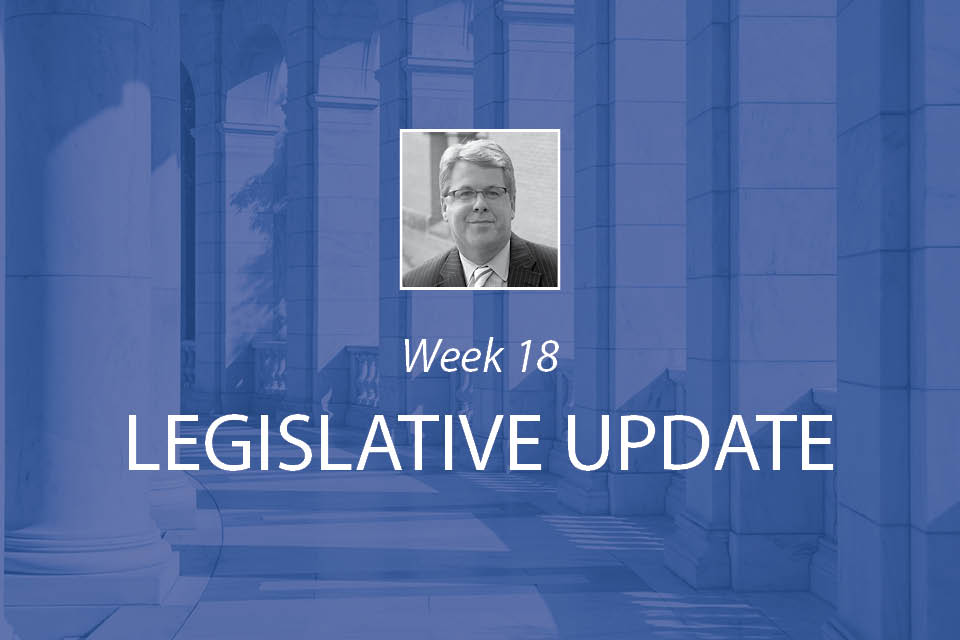Congress-Build Back Better
It was a relatively slow week in Washington, with the House of Representatives still on holiday recess and the Senate focused on processing nominations for administration positions. The most notable development was Senator Joe Manchin (D-WV) acknowledging earlier this week upon the Senate’s return from the holiday break that there are no negotiations occurring between him, the White House, and Senate leadership over the Build Back Better Act. The House-passed bill appears to have no path forward in the Senate at this point. As we have noted, ABMA has held meetings with Senate Democrat offices expressing our opposition to revenue raisers in the bill that negatively affect small and medium sized businesses and will continue to do so.
Senator Manchin did signal in his remarks that he thought that cleaving the climate-related provisions in the bill, namely tax credits for renewable energy, and moving them as a standalone package would have his support and could pass. Included in the suite of renewable energy tax credit provisions in the Build Back Better Act are robust incentives for purchasing wood and pellet stoves that many ABMA members sell at retail. Specifically, the provisions would allow purchasers of these stoves a tax credit of 30 percent uncapped based not only on the purchase price of the unit, but on the total installed cost of the stove. The proposal is designed to incentivize consumers that have older, less efficient wood and pellet stoves to upgrade to new models that meet high efficiency standards, are cleaner burning, and better for the environment. We will follow developments on this effort closely.
Workforce Development
The Federal Motor Carrier Safety Administration will publish an information collection request on Friday in efforts to implement a truck driving apprenticeship and training pilot program for younger drivers in the 18-21 year old range. This pilot program was enacted as part of the infrastructure bill signed by President Biden in November.
Under the pilot, these younger drivers will be able to drive trucks across state lines as long as they are supervised by an experienced driver for a total of 240 hours. At the conclusion of their training period, 18-21 year old drivers would be able to operate rigs in interstate commerce. The pilot has long been sought by truck dependent sectors concerned about the average age of the truck driving workforce and the need to entice younger men and women into the field.
Trucking apprenticeships is just one component of the Biden Administration’s trucking action plan which was unveiled December 16. That plan may be found here.
The action plan also includes directives to reduce barriers that have made it difficult to obtain a commercial drivers license as well as a focus on recruiting military veterans to the truck driving workforce. The truck action plan came out of the Biden Administration’s Supply Chain Disruptions Task Force.




